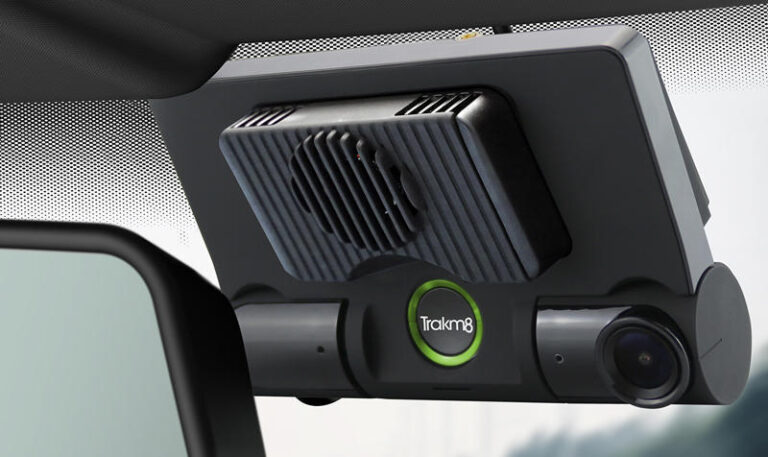Amid widespread reports of panic buying and the government drawing up plans to use the army to get petrol to pumps, the UK’s fuel supply chain crisis appears to be deepening by the day.
“Exacerbated by a deficit of HGV drivers, the past weekend saw pumps run dry across the country, with some industry bosses warning that the crisis could last until Christmas,” commented Peter Mansfield, Group Sales and Marketing Director at vehicle technology specialist Trakm8.
“The sudden onset of the shortages took drivers and businesses alike by surprise, with thousands of Britons reportedly opting to work from home on Monday in the face of continued uncertainty. But what does the shortage mean for businesses that rely on a ready supply of fuel to carry out their day-to-day work? From the emergency services to delivery firms, the impact of fuel shortages – however temporary – will have a profound impact on organisations nationwide.
“At a time when fuel is harder to come by, it’s more important than ever for businesses to ensure their fleets are working in the most efficient way possible. Route planning software, such as Trakm8’s Insight Optimisation solution, help fleet drivers take the most fuel efficient route and avoid areas of stop-start traffic which can be particularly fuel intensive.
“Indeed, our Optimisation software has been proven to increase productivity by 33% and reduce fuel bills by as much as 20% – impressive savings pre fuel shortage, potentially business critical now.
“It’s well known that driver behaviour has one of the most significant bearings on fuel consumption, with habits such as heavy braking or idling notorious for hastening fuel usage. Our ACC 750 solution combines driver identification with an intuitive real-time driver feedback display that can connect to a range of other Trakm8 devices, providing fleet managers with a valuable overview of fuel consumption whilst training drivers to improve their driving behaviour.
“The COVID-19 pandemic proved that the fleet sector is agile and adaptable enough to weather the most unprecedented of crises. As the fuel shortage rumbles on, businesses should once again consider the value of technology in keeping their fleets moving.”







